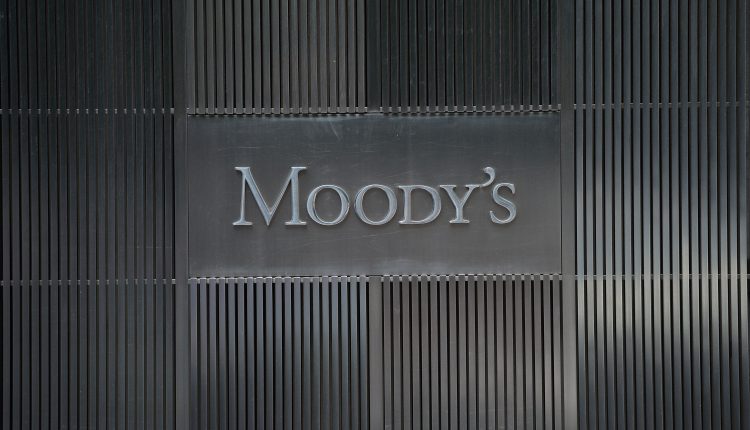Moody’s: Egypt credit profile reflects resilience to financing shocks on domestic, external liquidity buffers
Moody’s said on Wednesday that Egypt’s B2 stable credit profile reflects its sizable and diversified economy, as well as large domestic funding base.
It also reflects the country’s projected foreign exchange reserves that are enough to cover maturing external liabilities over the next three years.
Relatively low levels of foreign currency-denominated and external government debt also support Egypt’s credit profile, Moody’s Investors Service said in a report.
Declining inflation and credible monetary policies have also allowed Egypt’s central bank to cut interest rates, which has contributed towards the gradual decline of governmental domestic borrowing costs, it added.
“This credit outlook reflects the resilience of Egypt’s credit profile against financing shocks despite high exposure, a positive for its credit profile. This is driven by its effective and credible government policies,” says Elisa Parisi-Capone, Vice President – Senior Analyst at Moody’s Investors Service.
“A lengthening track record of credible and effective fiscal, economic and debt management would also reflect positively on Egypt’s credit profile.”
The report added that Egypt’s main credit weakness is its very large government financing need of 30 percent to 40 percent of GDP annually, with high rollover rates potentially exposing the country’s financing conditions to tightening domestic or external financing conditions.
Similarly, despite a stronger jobs market, securing jobs for new labour market entrants remains a long-term social challenge, as do water shortages, Moody’s said. Regional security risks also compound these weaknesses.
“A significant improvement in debt affordability and reduced gross financing needs would see the rating being upgraded. Evidence of sustained improvement in the labor market and in non-hydrocarbon exports would also be a positive change.” Moody’s report read.
On the other hand, Moody’s said a new bout of capital outflows which significantly erode the central bank’s exchange reserves and threaten external stability would contribute towards a rating downgrade, as would a continued decline in debt affordability.


